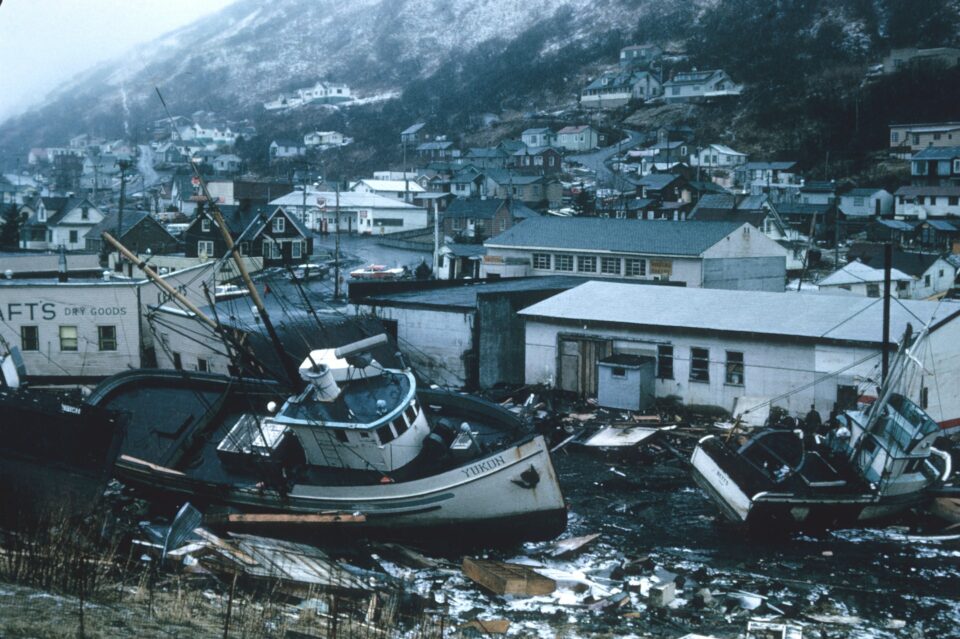Natural disasters, such as floods, earthquakes, storms, and as recent events have shown, pandemics have the potential to ruin entire communities, as well as small companies, with many being forced to close their doors. Because of this, having a disaster plan in place before something unexpected happens is critical.
After large-scale disasters such as hurricanes, floods, freezing weather, earthquakes, tornadoes, and wildfires, as many as 60 percent of small enterprises are forced to close their doors permanently. In addition, after a natural disaster, 96 percent of small businesses suffer revenue losses, with 35 percent suffering losses greater than $25,000, according to the Small Business Administration in 2017.
Although you cannot prevent a natural disaster from occurring, you can put in place a plan that outlines what to do before, during, and after an occurrence of this nature to minimize the impact it will have on your company’s day-to-day operations. Prior to an emergency, double-check that you have the following items in order:
- Take out insurance for your business to cover any losses that may occur. Make sure that you read your policy from cover to cover to ensure that you understand it when you need it.
- Keep your financial records up to date so that you may apply for loans as soon as a crisis strikes, allowing you to keep your firm up and operating.
- Keep your financial records up to date so that you may apply for loans as soon as a crisis strikes.
- To be prepared for filing insurance claims, keep a thorough inventory list of all of your equipment and products on hand at all times.
- Prepare emergency response and crisis communication plans ahead of time in the event of a catastrophe.
- Keeping employee and vendor contact information in the cloud will allow you to locate staff members in the event of an emergency quickly.
It is possible to safeguard yourself and your company against a potential disaster by following a set of guidelines before, during, and after the disaster occurs. You should prepare a financial “survival kit” before a disaster strikes, which should include all of your important documents and be stored on a cloud-based system. You should activate your emergency response plan to evacuate your personnel as quickly as possible during a disaster. Following the incident, conduct a thorough assessment of the damage done to your company and evaluate whether you will require financing to assist with the cost of repairing and rebuilding. For example, suppose you are in a coastal area. In that case, you may want to look at installing an articulated concrete block revetment system to protect against tidal and storm damage in the future.
Of course, after a disaster or an emergency, your priority should be to ensure that your employees and customers are safe. Ensure they have somewhere safe to go to and offer support if they need it. These people make money for your business; looking after them is important if you want to rebuild your company.
